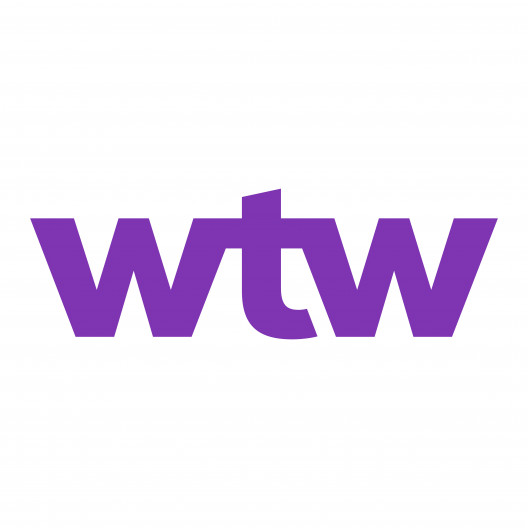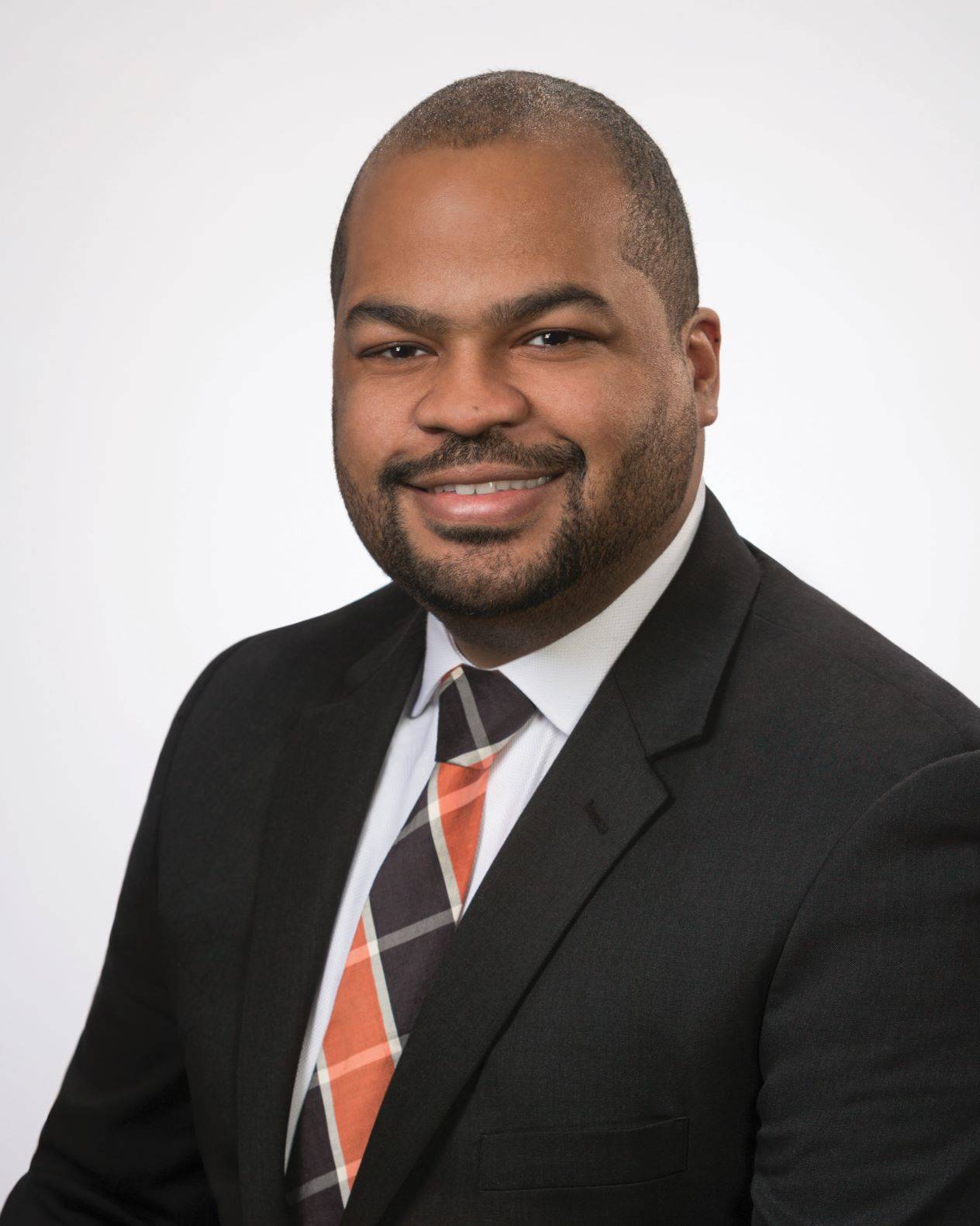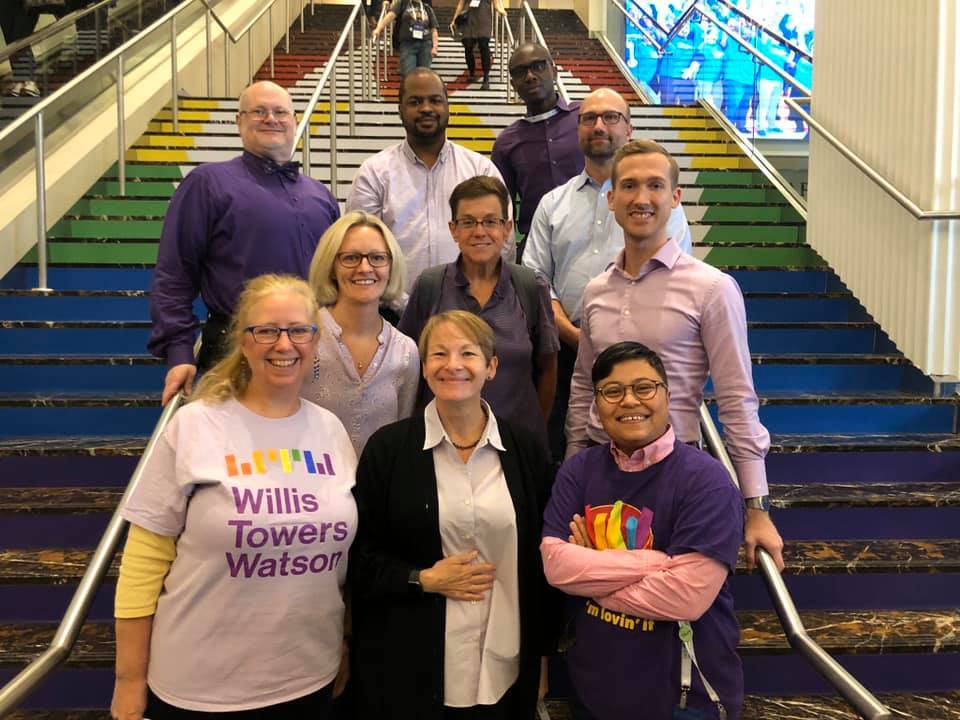
"There is so much diversity within our own community that needs to be celebrated" - Talking to Matt Green from WTW about Black History Month
WTW’s Matt Green speaks on his personal thoughts around Black History Month based on his experience as a Black LGBT+ individual.

Please introduce yourself and tell us about your role at your organization.
I grew up in a non-traditional household, with a single queer mother. I was fortunate enough to still have my Jamaican father and Belizean stepmother also supporting me. I am originally from Chicago and despite me living in LA now, I still identify as a Chicagoan no matter what! I’m passionate about all things diversity-related, stemming from my time abroad living in Japan, and I genuinely enjoy learning about different cultures and people.
I am an Associate with WTW’s Work & Rewards segment. I provide analysis and consulting support to many clients about their pay and career programs, ranging from salary structure design to pay equity. I’ve been at WTW for about ten years in multiple roles. In 2017, I first started in Consulting where my team worked with clients to develop their Diversity, Equity, and Inclusion (DE&I) programs. I’m also involved in our internal DE&I efforts, having led our Chicago Market’s Out@WTW Inclusion Network for many years. I now live in Los Angeles where I’m involved in our Multicultural Inclusion Network.
What does Black History Month mean to you and why do you find it important?
Black History Month is important to me because it gives us the opportunity to recognize how far we as a people have come. We reflect on the past so that we can recognize patterns and continue to learn and grow. My definition and experience with Black culture may be different from other Black Americans, and it often reminds me that we are not all the same. We share many similarities, but there is so much diversity within our own community that needs to be celebrated. If you’re familiar with Chicago, you may know that we’re still a fairly segregated city, and my mother made it a point that my early childhood would be spent with as much diversity as possible. My elementary school days were spent in an area where I was often the only Black person in the room. It was then pretty shocking as a teen when I moved in with my father and stepmother where I was surrounded only by Black people. I then went on to college in Northwest Indiana where I again found myself to be the only Black person in the room again. I have had my doubts about being “Black” enough during my formative years, but Black History Month helps me to be proud of my true self while also being accepting of others’ stories as well.
Were you taught about Black history in school? If not – what difference would this have made to you?
I was taught about it in different contexts. When I went to my multicultural school on the North Side of Chicago, we were taught about Black history in the same sense that we’re taught about Pilgrims and Native Americans. It made sense because you can’t teach a bunch of young kids 400+ years of brutal history. However, when I went to middle school and high school in predominately Black areas, I was taught less rosy pieces of Black history. During my high school French class, we had a teacher who made it a point to teach us about Black history in French-speaking countries, such as Josephine Baker who was very influential during WW2 and Haiti’s Independence. I then went to college in Northwest Indiana, and it seemed like we reverted to my elementary school experience of only learning the rosy pieces of Black history. It was here that I felt like a minority for the first time. It was also here that I realized we were all taught different versions of the same history and conversations about race are different with people who never experienced the same things as me and my relatives. I felt that people seemed more okay with talking about LGBTQ+ history rather than Black history, even though a lot of it is intertwined. We wouldn’t have the rights as LGBTQ+ Americans if it weren’t for Black history. A lot of the slang/terms used in modern LGBTQ+ vernacular stems from the Black community.
What suggestions do you have for organizations to mark Black History Month?
In my opinion It all starts with metrics. What doesn’t get measured cannot be changed. Along with a lot of my fellow Black professionals, I’ve seen social media messages celebrating Martin Luther King Day and Black History Month, and it can feel like lip service because I didn’t see leaders who looked like me, let alone a minority. Many people struggle with even beginning the conversation because they know it’ll be a tough one to have and when people have tough conversations, they tend to become defensive. Inclusivity does not take away from anybody. It expands the table for greater organizational success and has been proven time and again to just make business sense. Different talent pools with different experiences and skills draw in perspectives that may not have been thought about in the past. Encourage dialogue of this nature to start at the top, model the behaviors you want your leaders to portray and set sustainable, measurable goals related to Diversity. Encourage and enable your Business Resource Groups to go beyond simple newsletters and work on programs that impact the organization (be it talent attraction or program development). Give your employees a sense of belonging and create an environment where feedback is encouraged. You can measure all of this within your employee listening strategies and course correct in real time! 
Who are your Black LGBTQ+ role models?
This may seem out of left field having admitted to having a queer mother, but I was really closeted given my Jamaican background. In your teenage years, you really try your best to just fit in your current environment, but I knew I was gay since I was at least 12. I already had one strike against me and being gay would be another conundrum to face in such an awkward time. We had a very feminine gay person in my grade during high school and I remember thinking about how nice it is for him to just be himself (even though he did have a couple of altercations, and I’m generally not a confrontational person). Additionally, in 2004, the beginning of my junior year of high school, the “Real World: Philadelphia” debuted and one of the cast members, Karamo Brown, really resonated with me. I picked up on the subtle hints of him being gay before he came out on the show, and he was genuinely the first Black gay man that I’ve seen on TV that wasn’t being portrayed as being “strange” at the time. Seeing how he interacted with the other gay man on the show, like William, it gave me a bit more insight on how it was being Black and gay. I don’t believe the season aged particularly well, because a lot of stereotypes were prevalent, but the way that Karamo navigated that show as the “masculine” Black man resonated with me at the time. It showed me that being Black and gay can be celebrated and not limited to the little media representation we had at the time. I still remained closeted for a long time, because I had to be, but Karamo has been on my mind since I was 16 and I was even more thrilled to see him on the reboot of Queer Eye.
Share this

